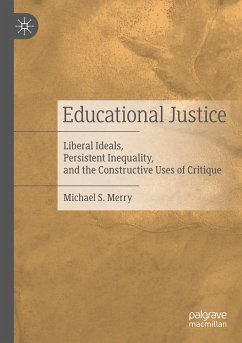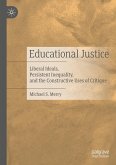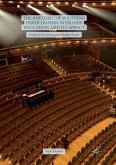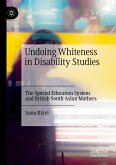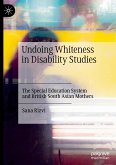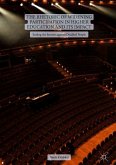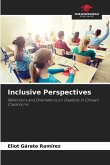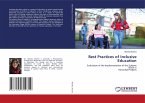2020 Finalist for Book of the Year Award, North American Society of Social and Political Philosophy (NASSP)
This book examines the philosophical, motivational, and practical challenges of education theory, policy, and practice in the twenty-first century. There is a loud and persistent drum beat of support for schools, for citizenship, for diversity and inclusion, and increasingly for labor market readiness with very little critical attention to the assumptions underlying these agendas, let alone to their many internal contradictions. Merry does not neglect the historical, comparative international context so essential to better understanding where we are, as well as what is attainable in terms of educational justice. He argues that we must constructively critique some of our most cherished beliefs about education if we are to save the hope of real justice from the rhetoric of imagined justice.
This book examines the philosophical, motivational, and practical challenges of education theory, policy, and practice in the twenty-first century. There is a loud and persistent drum beat of support for schools, for citizenship, for diversity and inclusion, and increasingly for labor market readiness with very little critical attention to the assumptions underlying these agendas, let alone to their many internal contradictions. Merry does not neglect the historical, comparative international context so essential to better understanding where we are, as well as what is attainable in terms of educational justice. He argues that we must constructively critique some of our most cherished beliefs about education if we are to save the hope of real justice from the rhetoric of imagined justice.
"In many ways, Merry's book arrives at something of a perfect moment. In these increasingly dogmatic times, it is refreshing to be alerted to the omnipresent need to review cherished values and reconfigure approaches to what justice might require in education (and elsewhere). Across the pages of this text, Merry is successful in making that point vividly clear to his readers, serving as faithful gadfly to the larger ongoing conversation about educational justice." (Winston C. Thompson, Educational Theory, Vol. 71 (4), 2021)
"This is an excellent book. It represents empirically informed philosophy at its best and is a must-read for everyone interested in debates about educational justice." (Johannes Drerup, Theory and Research in Education, Vol. 18 (3), 2020)
"This is an excellent book. It represents empirically informed philosophy at its best and is a must-read for everyone interested in debates about educational justice." (Johannes Drerup, Theory and Research in Education, Vol. 18 (3), 2020)

